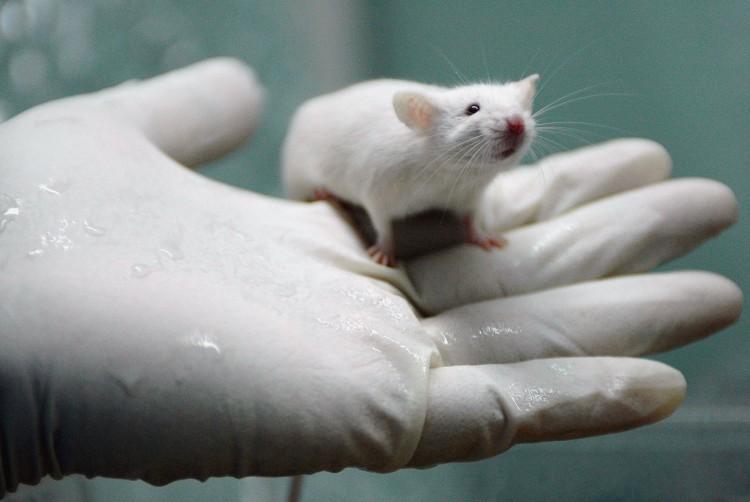Scientists have connected the brains of two rats together via a “brain link”—the closest thing to the Star Trek Vulcan “mind meld”—via the Internet, it was reported Thursday. A Brazilian lab rat’s thoughts were taken by electronic sensors and were transmitted to a U.S.-based lab rat.
“We basically created a computational unit out of two brains,” Duke University neuroscientist Miguel Nicolelis, the leader of the study, was quoted by Wired magazine as saying.
When the second rat received thoughts from the other, it mimicked its behavior, the researchers found, according to the Reuters news agency.
Nicolelis said the research could pave the way for a so-called “organic computer” consisting of many brains connected together. “These experiments showed that we have established a sophisticated, direct communication linkage between brains,” Nicolelis said in a statement obtained by The Guardian.
His lab received around $26 million from the Defense Advanced Research Projects Agency (DARPA).
“Having non-human primates communicate brain-to-brain raises all sorts of ethical concerns,” one neuroscientist, who wished not to be named, told Reuters in illustrating potential pitfalls of the research.
“Reading about putting things in animals’ brains and changing what they do, people rightly get nervous,” the scientists said, saying it could lead to units of animal soldiers that are remotely controlled.
Neuroscientist Bijan Pesaran of New York University said it is “a pretty cool idea that they’re in tune with each other and working together,” reported Wired. However, he was curious to see how the rats interact with each other. “If you could see them learning to do it better and faster, then I’d really be impressed,” he added.
Lee Miller, a physiologist at Northwestern University, said that Nicolelis’ latest study has dubious qualities to it.
“It is not clear to what end the effort is really being made,” he told Nature, describing the paper as a “poor Hollywood science-fiction script.”





